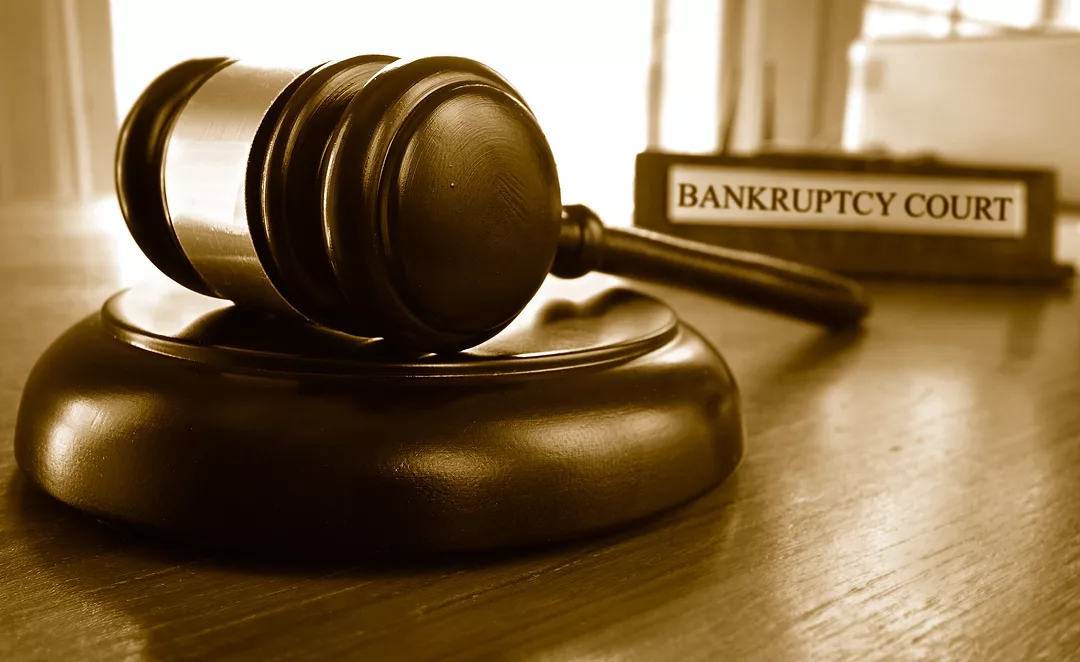
Home » State regulators warn against crypto, move to halt FTX, BlockFi
State regulators warn against crypto, move to halt FTX, BlockFi

December 13, 2022
The Washington Department of Financial Services has issued a fresh warning to residents to be cautious about investing in “unregulated” products in light of the failures of FTX and BlockFi, the cryptocurrency exchanges that collapsed into bankruptcy.
“Today, more than ever, it’s important for investors to be fully aware of the risks involved with their investments,” said Charlie Clark, director of the department, in a news release. “No investment is free of risk – (recent) events shine a bright light on the potential for risk within cryptocurrency investments. Understanding what you’re investing in, ensuring you are not investing more than you can afford to lose and diversifying your investments remain the top sound investment practices.”
Cryptocurrency is a virtual currency secured by encryption technology and created through complex and energy-consuming computer operations.
The latest warnings come as Washington moves to stop prominent companies from operating here. Due to the unregulated nature of virtual currency, it is unknown how much is held by Washington residents.
One bankrupt company alone held nearly $400 million from more than 12,000 state residents as recently as 2021.
In late November, the state issued cease and desist orders against Chicago-based West Real Shires Services Inc., operating as FTX US, and New Jersey-based BlockFi Lending LLC and BlockFi Trading LLC.
FTX collapsed on Nov. 10 and its founder, Sam Bankman-Fried, left in disgrace. It filed for bankruptcy a day later.
BlockFi Trading and BlockFi Lending are both wholly owned subsidiaries of BlockFi Inc. It filed for bankruptcy shortly after FTX.
In 2021, Washington financial regulators accused BlockFi of violating the state Securities Act by offering and/or selling securities without being registered or seeking a waiver from the registration requirement.
BlockFi held nearly $392 million in deposits from Washington residents on Dec. 31, 2021, according to the cease-and-desist order.
The order against FTX does not give an estimate of its financial footprint in Washington but identifies a series of “unsafe and unsound practices,” including the suspension of payments and obligations on Nov. 10, its bankruptcy filing on Nov. 11, and failure to maintain accurate records.
FTX is prohibited from accepting new assets but the order does not prevent residents from withdrawing digital assets, though that is unlikely because of the bankruptcy proceedings in Delaware.
The cease-and-desist orders against BlockFi Trading and BlockFi Lending are identical and echo the complaints in the FTX case.
DFI accuses it of unsafe and unsound practices, noting that it suspended payment of obligations on Nov. 10 comingled client assets and its surety bond would be canceled in December.
The order prohibits BlockFi from accepting new business or assets but does not prevent residents from withdrawing their digital assets, again, unlikely because of the bankruptcy proceedings.
The Federal Deposit Insurance Corp. previously warned that crypto investments, unlike deposits in traditional banks and credit unions, are generally not insured against loss. A fact sheet covers what is and is not insured and is posted at bit.ly/FDICCryptoFactSheet.
DFI actions are posted at bit.ly/DFICryptoCases.
Local News
KEYWORDS december 2022





